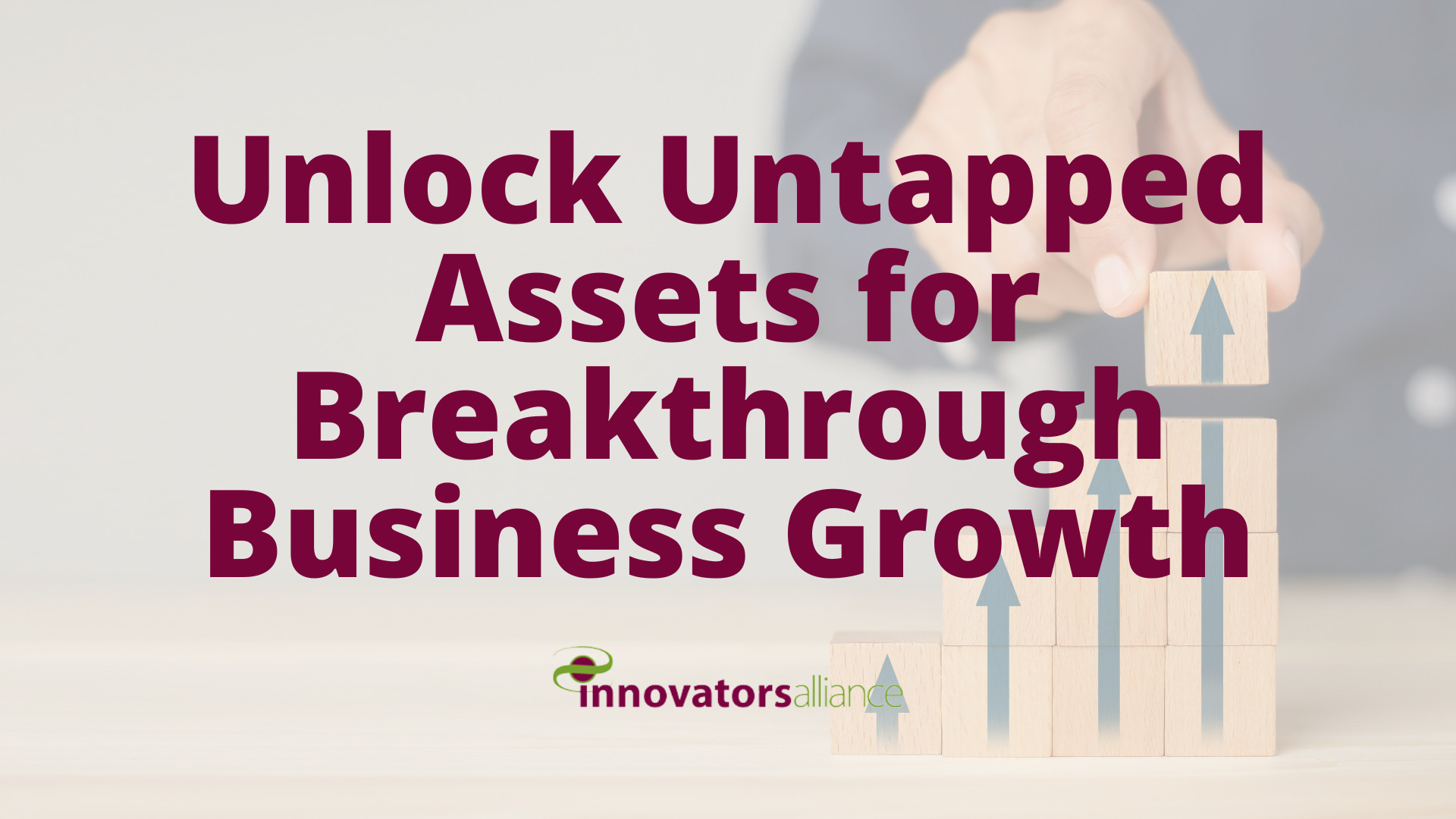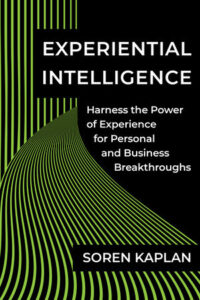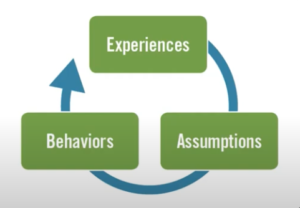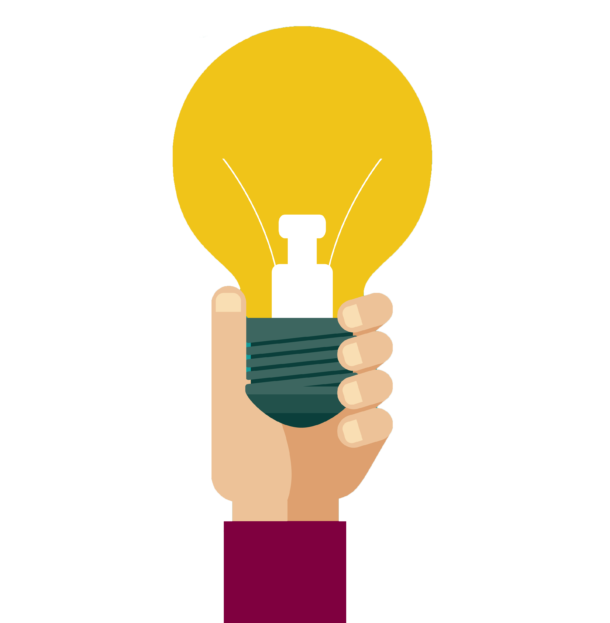
What is the most important asset that can predict your team’s ability to innovate and drive the growth of your company?
The answer might surprise you. It’s not their education or personalities. It has far more to do with the challenges they have conquered, personally or professionally, perhaps in a completely different industry, and how they have persisted in overcoming adversity.
In fact, the best predictor of success with innovation is your team members’ broad life experience combined with self-awareness. I call this their ‘Experiential Intelligence’ (XQ), a term coined by Robert Sternberg, the past president of the American Psychological Association. XQ is anchored in positive psychology which emphasizes people’s strengths.
Sternberg recognized practical experience as a leverageable asset that can predict job success better than intelligence. People with experiential intelligence know how things work and how to figure things out.
Experiential Intelligence … is the combination of mindsets, abilities
and know-how gained from your unique life experience that
empowers you to achieve your goals.
Everyone accumulates wisdom and talents over time through lived experience. Ideally, applying our knowledge and skills builds confidence in our abilities and contributes to a mindset that is unafraid to problem-solve and overcome challenges. However, some mindsets become self-limiting beliefs which can unconsciously sabotage our capacity to innovate.
Three innovation-killing mindsets found in organizations are:
- We don’t have time to innovate.
- Risk-taking isn’t rewarded.
 We can’t do anything until we have more data.
We can’t do anything until we have more data.
Innovative cultures promote free thinking, entrepreneurial spirit, and sustainable value creation across all levels and functions of the organization. Imagine the power unleashed by transforming the belief “We can’t afford to fail” into “We’re comfortable with failure because we learn from it and it’s necessary for innovation.”
In my new book, Experiential Intelligence, I describe tools and templates I’ve developed, such as the Mindset Map, the Impact Chart, the Beliefs Mapper and the Beliefs Expander, to help individuals and work teams examine limiting beliefs and reframe them into beliefs that support innovation.
Why should innovative organizations examine beliefs and mindsets?
Business strategies have evolved over the last 40 years while we have coped with disruptions such as globalization, the rise of the internet, mass technology, and the pandemic. Typically, technology has driven innovation. Now, new technologies such as augmented reality are changing what we experience and learn – and our rate of learning.
To effectively operate in today’s world and adapt to the fast-paced, disruptive changes happening all around us, we need to tap into a different dimension of our intelligence – the intelligence developed out of experience.

XQ taps into individuals’ inherent capacity for growth and resilience and can move people and teams to the next level. New doors open when we focus on XQ, allowing companies to tap into a more diverse workforce with an extremely broad range of practical experience.
Key companies like Apple and Tesla no longer require a degree for hiring talent. Instead, they look for individuals who will bring unique experiences and mindsets into the company to drive innovation and growth. This video shows how some companies have embedded practices that foster innovation.
How can you apply Experiential Intelligence to your business innovation strategy?
1. Pull together people with the right mindsets and abilities and tap into what they know.
2. Encourage collaboration and mutual sharing with curiosity and empathy.
3. Reframe trial and error as opportunities to learn and encourage fast learning.
4. Map out your current culture and the culture you want for your organization. Ensure that the organizational culture encourages everyone to show up with their strengths.
5. Recognize and reward things that create positive impacts for your organization.
6. Create experiences that spark positive change and encourage positive relationship loops.
7. Encourage trying new things and model acknowledging vulnerability. Replace self-limiting beliefs with self-expanding beliefs.
8. Build mentoring networks to diffuse and infuse the assets across the organization.
9. Discover peak performers by giving them challenges.
Visit my website www.sorenkaplan.com to access the first chapter of my book Experiential Intelligence and get a copy of the XQ toolkit. I’ll also introduce you to other materials so that you can explore this most valuable asset for innovative success and growth within your organization.
Soren Kaplan, one of the world’s top management thought leaders, is an international keynote speaker, award-winning author, and co-founder of Praxie.com.
If you understand the value of learning with and from other like-minded entrepreneurs, consider attending an Innovators Alliance event. Innovators Alliance is Canada’s most valued ‘idea ecosystem’ for entrepreneurs, developed by entrepreneurs.
Join us in-person or virtually to explore a fit for you and your business. You’ll meet other business innovators, share knowledge about handling business challenges, and discuss solutions in an atmosphere of confidentiality, respect and mutual support.
- Innovating in an Economic Downturn - November 22, 2023
- Experiential Intelligence: Unlocking Untapped Assets for Breakthrough Growth - July 19, 2023
- How to Measure Innovation (To Get Real Results) - May 18, 2018

